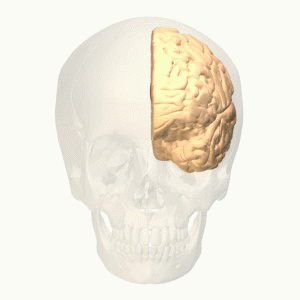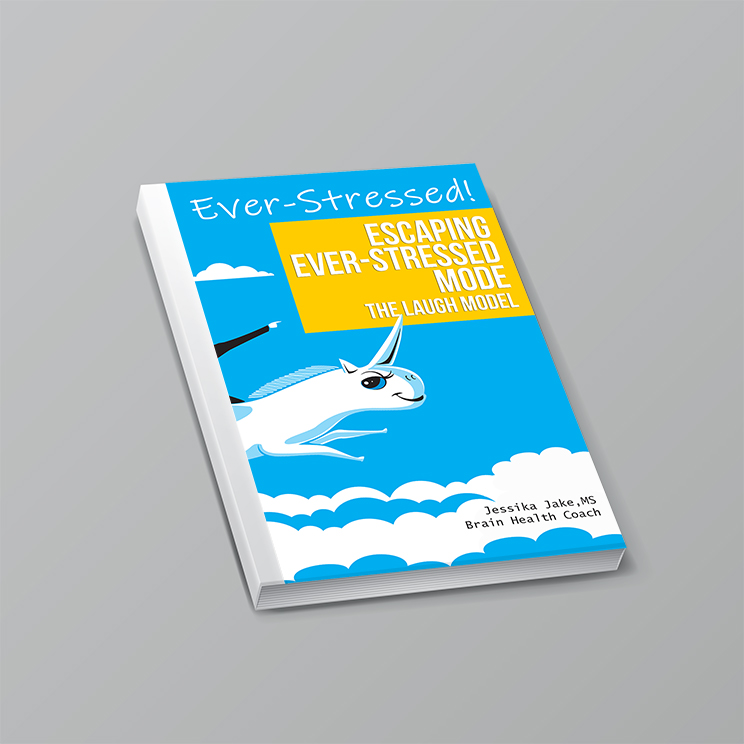Emotional labor is the process of managing feelings and expressions, usually as part of a job. Workers in many fields are expected to regulate their emotions as they interact with customers, co-workers and superiors. It involves a mix of expressing emotions they are not feeling and suppressing emotions that they are feeling. Emotional labor can contribute to psychological stress and ultimate burnout.
One way to help yo’self is to avoid surface acting and try deep acting. Surface acting is faking and pretending. You feel one way on the inside, and act in a TOTALLY different way on the outside.
With deep acting, you go deep and try to connect to a place inside you that has deep compassion, even for the most difficult of mofos. This way the outer “act” can match the inner emotion, and you can stay healthy my friend. Here is a great explanation:
As a Brain Health Coach I have developed greater empathy and more realistic expectations of other people. But years before becoming certified, I learned a valuable lesson from a co-worker. One of the challenging colleagues probably (seriously) had Aspergers. At that time, I just thought he was the BIGGEST JERK. One of my friends pulled me aside one day and said “I don’t think he has full on Aspergers… I think he has As-sliders.” My friend was joking around, but something clicked for me. This literally was the best that this guy could do. Suddenly he was no longer a JERK in my eyes. He was just someone showing up doing the best he could with how his brain was wired. It changed literally everything for me. When I spoke with him, I was no longer surface acting (tongue biting, screaming inside, etc) but rather I had so much CARING towards this person it was unreal. I wasn’t even trying to deep act. I truly cared deeply for this person.
Empathy will be a huge help — both as a stand alone tool and a tool you can use as you try to deep act. Remember that empathy is not about you being in someone else’s shoes, but rather you imagining yourself as that person in that person’s shoes.
Once you understand that brain health, actually the lack thereof, robs people of their minds, you navigate through life differently. I teach a lot of leadership courses and part of that includes Conflict Management. Lately I have been pulling up brain scans during the course. I had one student telling me about this impossible co-worker. Hmmm, I thought.

Anterior Cingulate Gyrus 3D image used with permission from “BodyParts3D, © The Database Center for Life Science licensed under CC Attribution-Share Alike 2.1 Japan.”
“Sounds like she may have an overactive Anterior Cingulate Gyrus (ACG).” I went on to explain: “This is the brain’s gear shifter. When it works ideally we have cognitive flexibility. We cooperate. We can move from idea to idea. We are able to see options. We go with the flow. The Anterior Cingulate Gyrus also helps with error detection.” Then I told her what happens when there is a problem here… “So when this area is hot, or over active, you’ll have someone who gets stuck… trouble shifting. She’ll be inflexible, hold grudges, and be oppositional and argumentative. You can see obsessions, compulsions, and excessive error detection.”
My student’s jaw dropped. “THAT’S HER!!!!” Though there’s a lot you can personally do if you have these symptoms, the list was rather short for dealing with someone else — someone at work — who has a hot ACG. The two things I asked my student to try with this person were:
- distraction
- give options
By understanding brain health, you gain realistic expectations, stop banging your head against walls, and gain compassion. And depending on which brain system is affected, there will be different tools you can use when dealing with people who have something atypical going on. This is also a stand alone tool you can use, or one you can use to help you with your deep acting versus surface acting.
Like my writing? Check out my latest book:

